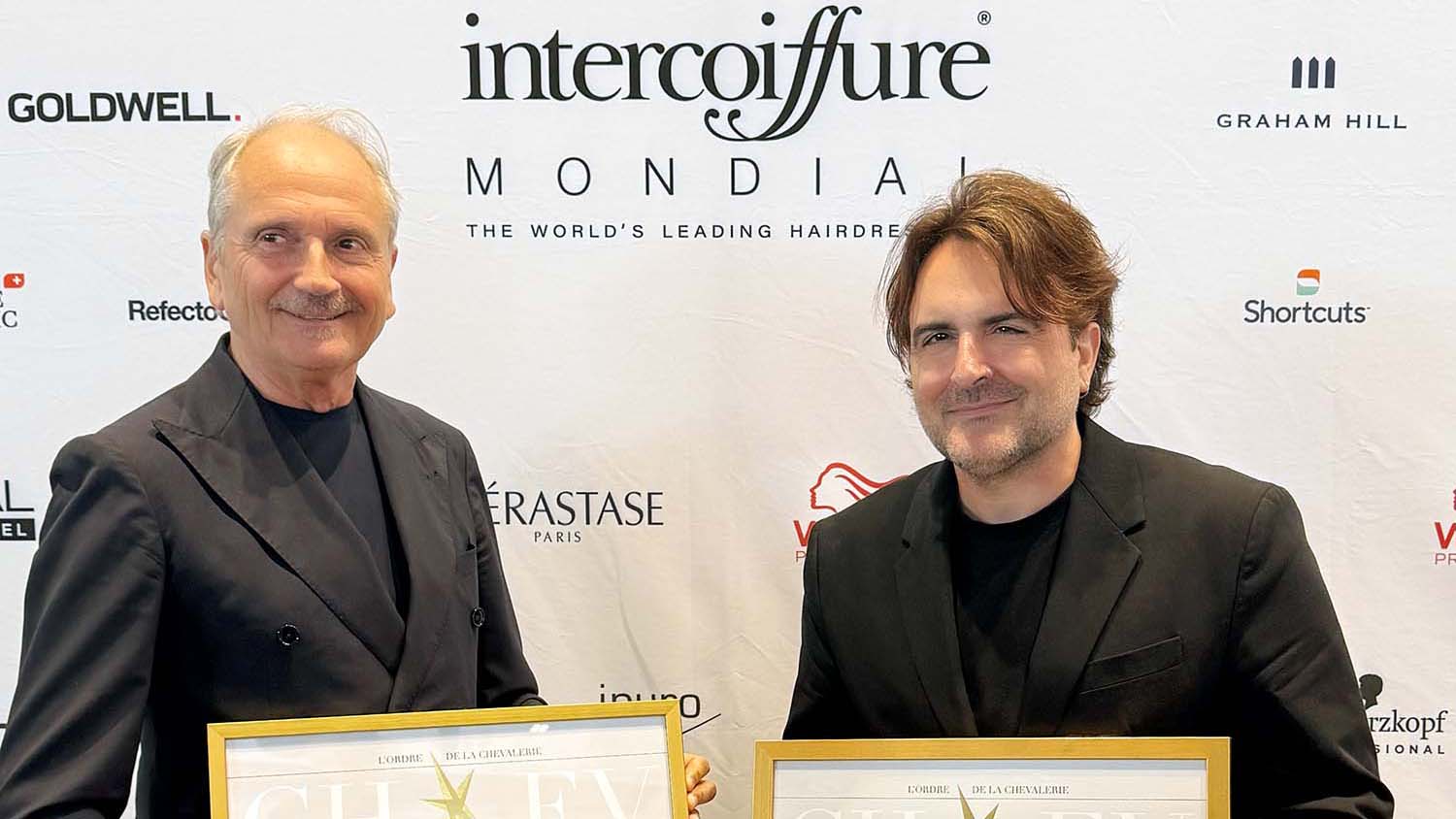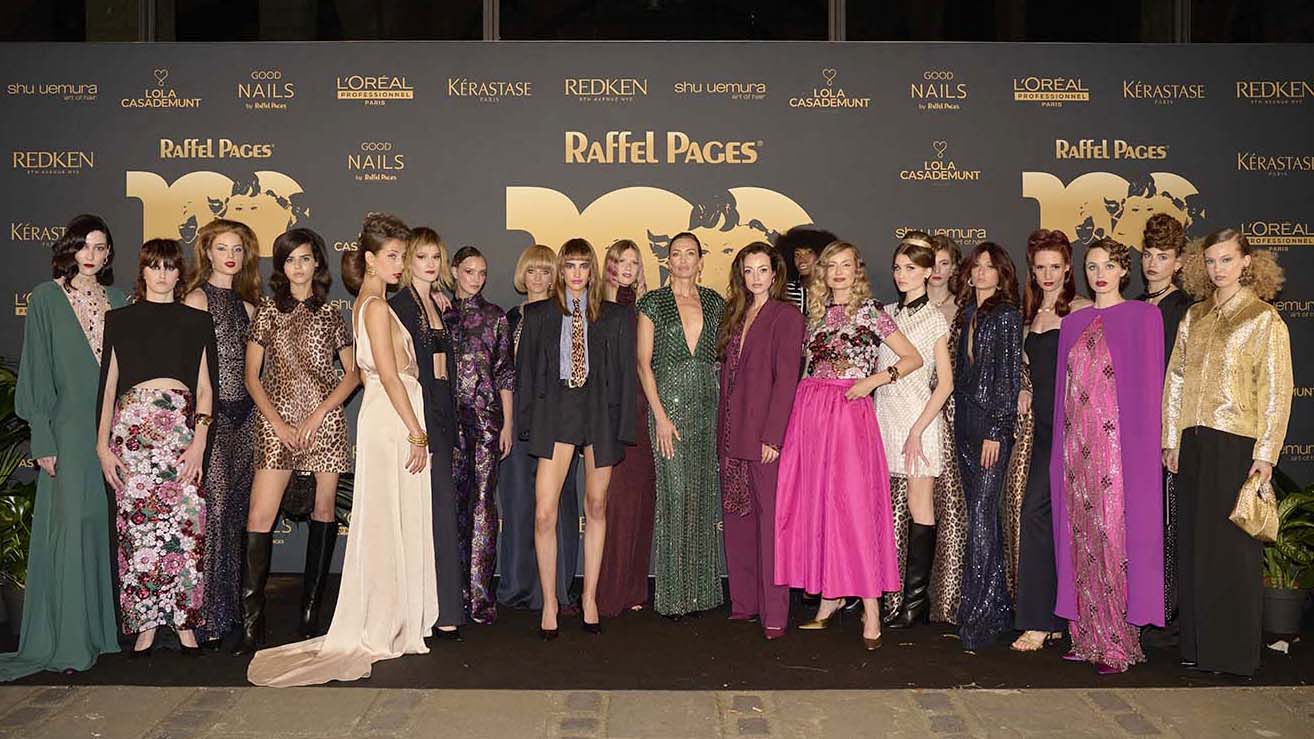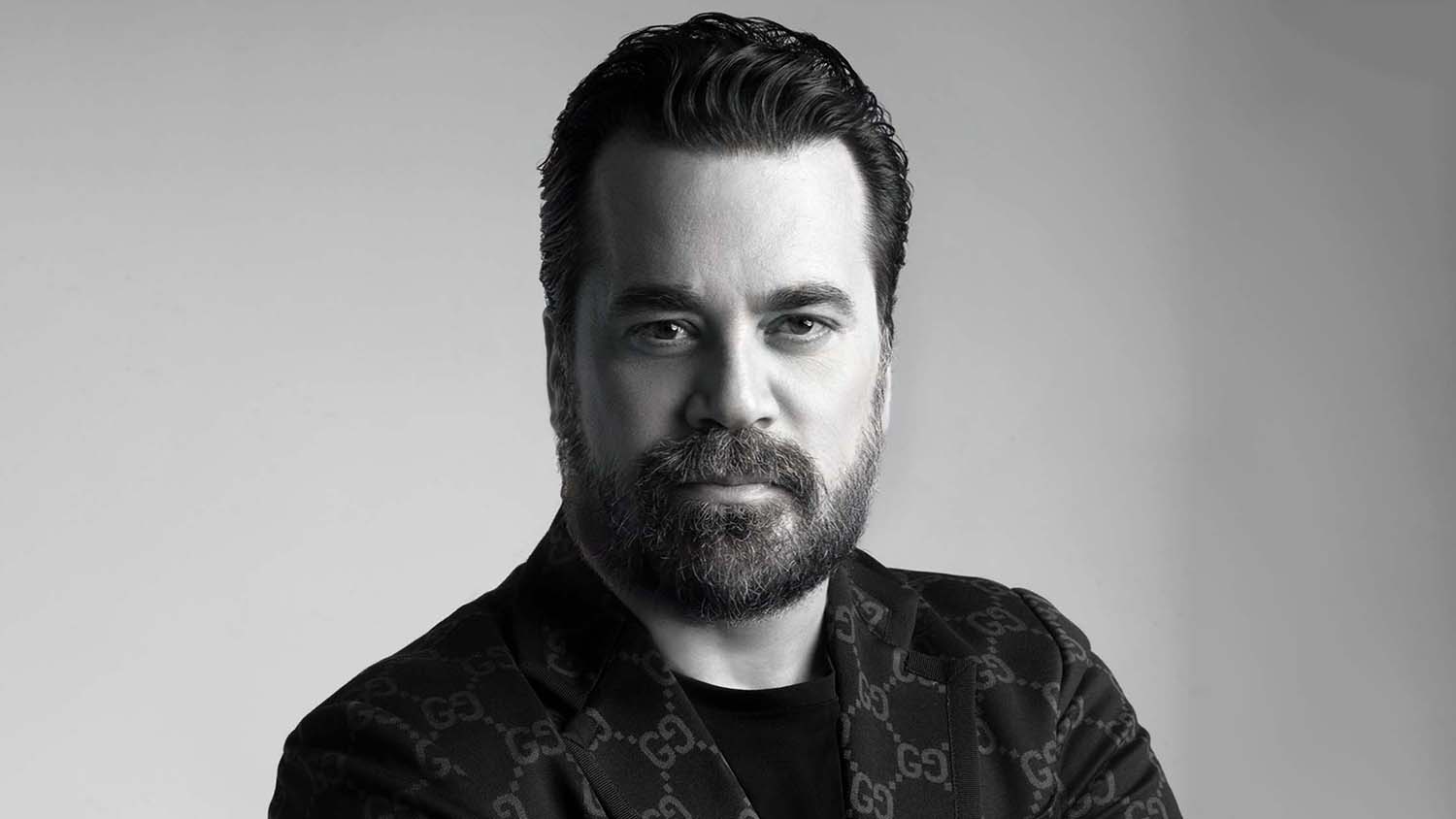Teaching can often be a sort of stage performance. Goldwell’s Sandra Humphries understands perfectly how to both entertain and educate, conveying a passion for the craft.
Vice President, Talent Development, Talent Development and Customer Engagement, Kao Salon Division Sandra Humphries has had a colourful and varied career. We asked her more about her life path with a view to inspiring other young people starting out in the beauty industry.

How does one start in theatre only to embark on a career in business?
Acting, singing, and playing instruments was a joy for me. I competed in state and regional competitions with some success, but I knew that many performers were waiting tables while waiting for auditions and that big break. I thought being a stylist would be more fun and creative, so during college I enrolled in a cosmetology school. I seemed to have a knack for hairdressing and never looked back.
How did you enter Goldwell?
I have worked in and managed salons, taught and managed a beauty school, and worked for manufacturers in education, sales, sales administration, training, and content development. My love of education and development finally brought me to Goldwell and the Kao Salon Division. From my role as Director of Education to VP of Education for the US, I moved to serving as Division VP of Talent and Development for the region covering Australia, Canada, Mexico, New Zealand, and the US.
What were your biggest challenges?
Staying motivated when I was building my clientele and finding the best training to refine my skills was sometimes difficult. I also worked such long hours to make money that my personal life suffered. I learned eventually to work smarter by taking business classes and learning better systems.

What skills learned have come in handy for you?
I have been fortunate to work alongside marketing and finance experts in my career, and that has helped build my understanding of our business. If every stylist could attend the marketing or finance classes available in our industry, it would round out their command of our craft. I’m also still learning. I continue to take courses and watch not only what instructors are teaching, but also how they are teaching. Being a successful educator isn’t just about having great hairdressing skills, it’s also about helping others find their own way of learning through great presentations.
How have things changed in the hairdressing industry over the years?
The short answer is that technology has changed almost everything, from inventory management to communication and booking clients. The long answer is that while our technical skills and personal relationships with clients remain at the heart of the profession, digital development has changed how we learn, what we are exposed to, and how we communicate to find clients. Our attention span is very different, and that’s a game-changer for better or for worse.

What makes a good educator or mentor?
A great educator talks less and asks more. They determine what the participant wants as a successful outcome from the session. They are entertaining and engaging without being the center of attention. If a student gives them time out of their day, they had better deliver an “ah-ha” moment.
What would you say to young people seeking a career in hairdressing?
If you are drawn to the beauty industry, just jump in. I have met so many people who did something else first only to eventually become hairdressers, and they are now very happy and fulfilled. That’s what everyone longs for, isn’t it?

















